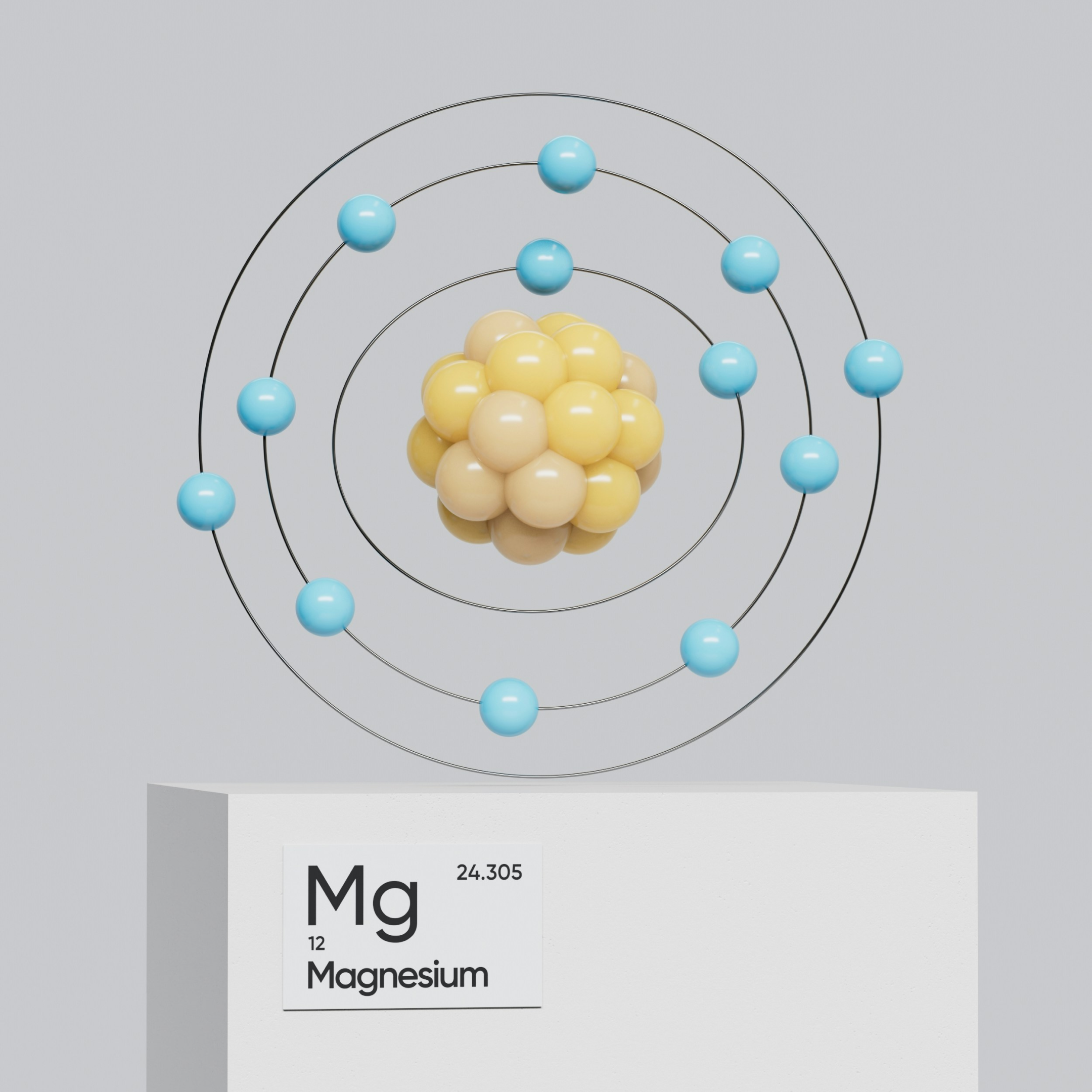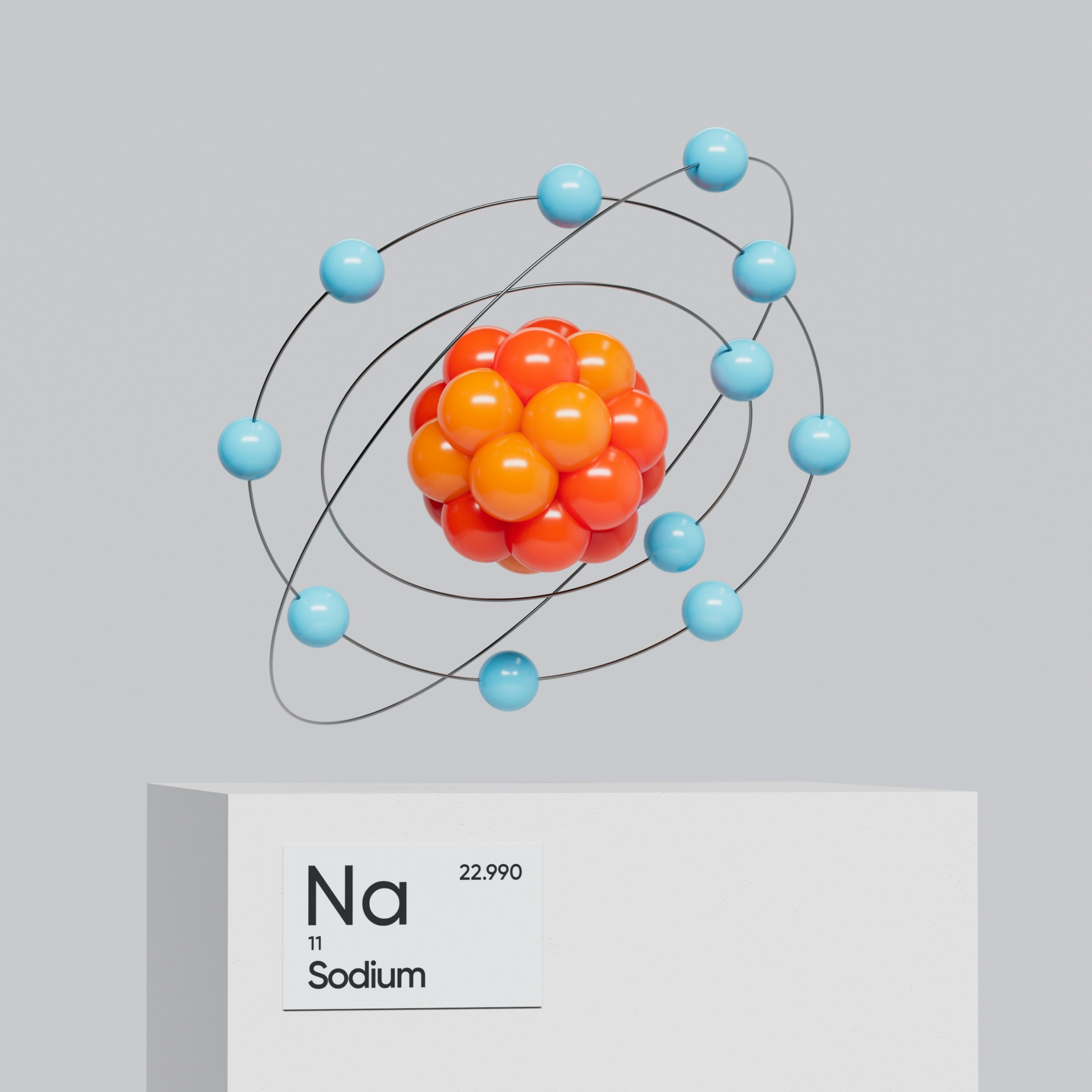Potassium is a powerhouse electrolyte that plays a vital role in ensuring proper muscle function, fluid balance, and nerve signaling. Often overshadowed by sodium, potassium is equally crucial, especially for preventing muscle cramps and enhancing overall physical performance. Whether you're an athlete, someone leading an active lifestyle, or simply aiming to maintain your health, potassium is essential.
In this article, we’ll explore potassium’s critical role in daily hydration, muscle recovery, cognitive function, and workout performance, and how you can incorporate it into your routine.
Why Potassium Is Crucial for Your Health
Potassium is one of the body's most important electrolytes, regulating fluid balance by moving water into your cells and supporting the electrical signals needed for muscle contraction and nerve communication. Here are key ways potassium supports your health:
-
Prevents Muscle Cramps and Spasms: Potassium helps regulate muscle contractions, preventing cramps by maintaining proper electrolyte balance. Low potassium levels can cause painful muscle cramps, especially during or after physical activity (González-Muñoz et al., 2014). With sufficient potassium, your muscles can contract and relax smoothly.
-
Supports Muscle Function and Recovery: Potassium aids in protein synthesis and muscle repair, helping to reduce fatigue and speed up recovery. By ensuring your muscles recover efficiently, potassium allows you to perform better in subsequent workouts (Frontera et al., 2008).
-
Maintains Fluid and Electrolyte Balance: Potassium and sodium work together to balance fluids inside and outside your cells. Sodium pulls water into the bloodstream, while potassium helps move it into cells, keeping your body properly hydrated, particularly after sweating or physical exertion (Palmer, 2015).
-
Boosts Cognitive Function: Potassium also supports brain health by helping transmit electrical impulses necessary for communication between brain cells. Adequate potassium levels contribute to improved mental clarity and focus throughout the day (Boehringer et al., 2012).
-
Enhances Workout Performance: Potassium sustains energy levels during exercise. Losing potassium through sweat can lead to fatigue and reduced performance, making it essential to replenish potassium after prolonged workouts (Nielsen et al., 2012).
-
Sustained Energy: Potassium helps convert carbohydrates into energy, ensuring stable energy levels. With enough potassium, you can avoid fatigue and power through your day, whether exercising or working (Costill, 1986).
The Importance of Potassium in the Morning
One of the best times to replenish potassium is in the morning, as the body naturally depletes some electrolytes overnight. Drinking a potassium-rich beverage or using an electrolyte supplement like Rocque’s Daily Electrolyte Blend can help restore electrolyte balance for optimal hydration and cognitive function as you start your day. This ensures your muscles are primed for activity, even before you begin exercising.
Potassium and Muscle Function During Workouts
During exercise, your muscles depend on potassium for proper contraction and relaxation. However, potassium is lost through sweat, especially during prolonged or intense workouts. If potassium is not replenished, you may experience muscle cramps, fatigue, and reduced performance (González-Muñoz et al., 2014).
Research published in the Journal of Applied Physiology highlights potassium's role in delaying muscle fatigue and improving endurance during exercise. Maintaining optimal potassium levels ensures that your muscles continue to perform at a high level throughout your workout (McKenna et al., 2008).
Incorporating Rocque’s Daily Electrolyte Blend into your routine before and after workouts helps prevent cramps, maintain muscle strength, and improve recovery. Rocque’s formula replenishes the potassium and other essential electrolytes your body loses during intense physical activity.
Potassium and Heart Health: A Lesser-Known Benefit
Potassium is not just beneficial for muscles and hydration—it’s also crucial for heart health. Potassium helps regulate heartbeat by supporting the electrical impulses that make the heart contract. Adequate potassium levels contribute to lower blood pressure and reduced cardiovascular risk (Adrogué and Madias, 2014).
Balancing sodium intake with sufficient potassium intake can reduce strain on your heart and improve cardiovascular health, making it important for everyone, not just athletes, to maintain proper potassium levels.
How to Include Potassium in Your Diet
Ensuring adequate potassium intake can be easy if you include potassium-rich foods in your diet. Common sources include:
- Bananas
- Oranges
- Sweet potatoes
- Spinach
- Avocados
- Beans and legumes
For those with an active lifestyle or engaging in intense physical activity, Rocque’s Daily Electrolyte Blend offers a convenient way to consistently meet your daily potassium needs. This supplement quickly replenishes electrolytes lost during exercise, supporting hydration and muscle function.
Conclusion: Potassium Is Essential for Muscle Function and Overall Health
Potassium is not just an electrolyte—it’s a key nutrient for muscle function, hydration, cognitive performance, and heart health. By making potassium a regular part of your diet and fitness routine—whether through food or supplements like Rocque’s Daily Electrolyte Blend—you can stay hydrated, support muscle recovery, and maintain peak performance.
Incorporating potassium into your morning routine and workout regimen ensures that your body remains energized and balanced, helping you stay active and perform at your best.
References
- Adrogué, H.J. and Madias, N.E. (2014) ‘Sodium and potassium in the pathogenesis of hypertension’, New England Journal of Medicine, 371(7), pp. 593-603.
- Boehringer, S.A., Liu, Y., Stein, E. and Sharma, M. (2012) ‘Potassium's role in neuromuscular and cognitive function’, International Journal of Neuroscience, 122(9), pp. 527-536.
- Costill, D.L. (1986) Inside running: Basics of sports physiology. Benchmark Press.
- Frontera, W.R., Zayas, A.R. and Rodríguez, N. (2008) ‘Aging of skeletal muscle: Functional and metabolic changes’, Exercise and Sport Sciences Reviews, 36(3), pp. 160-164.
- González-Muñoz, M.J., Sanz-Salvador, L., Alonso-Aperte, E. and Varela-Moreiras, G. (2014) ‘Potassium status: Dietary intake and impact on health’, Nutrition, 30(3), pp. 424-429.
- McKenna, M.J., Bangsbo, J. and Renaud, J.M. (2008) ‘Muscle K+, Na+, and Cl− disturbances and Na+-K+ pump inactivation: implications for fatigue’, Journal of Applied Physiology, 104(1), pp. 288-295.
- Nielsen, T.J., Pedersen, B.K. and Keller, C. (2012) ‘Electrolytes and hydration in exercise’, Journal of Applied Physiology, 113(5), pp. 1323-1330.
- Palmer, B.F. (2015) ‘Regulation of potassium homeostasis’, Clinical Journal of the American Society of Nephrology, 10(6), pp. 1050-1060.




